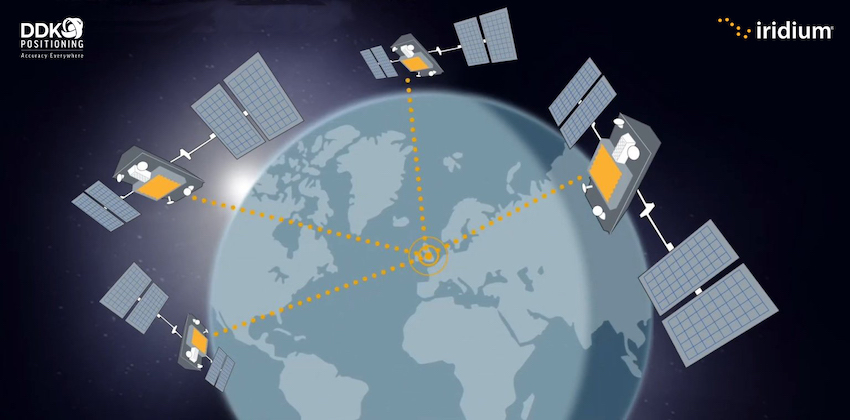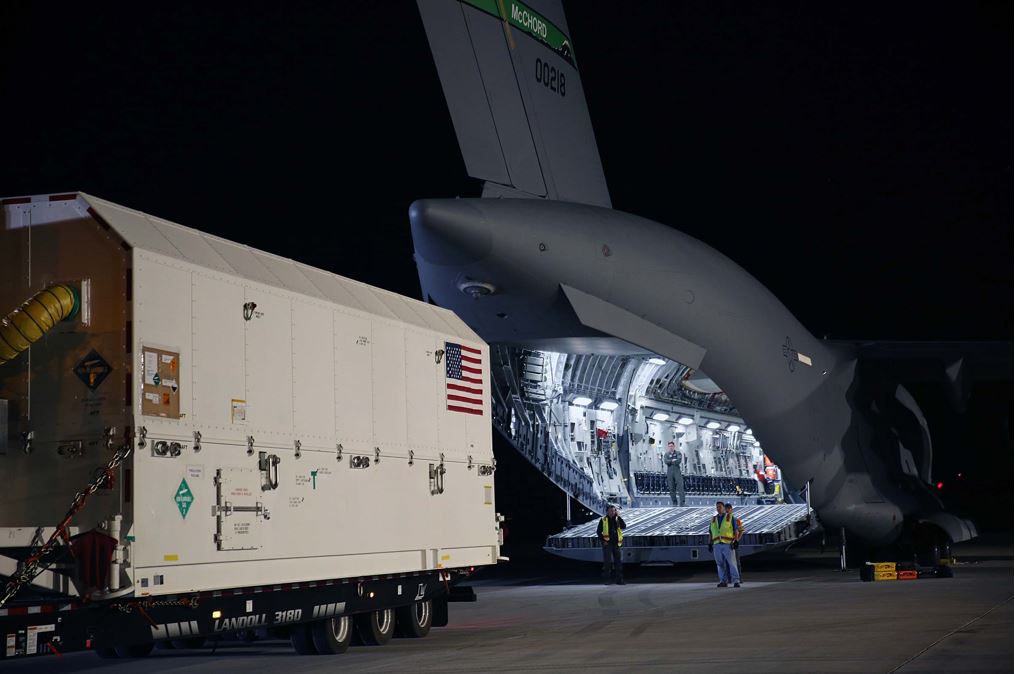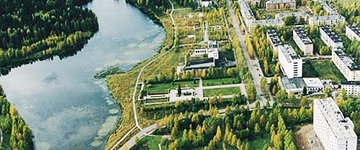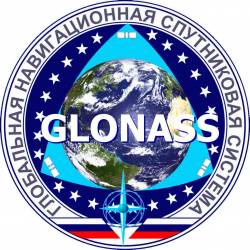Sponsored by Topcon
Topcon’s recent strategic investment in DDK Positioning, a PPP corrections service provider that has an exclusive partnership with Iridium Communications, will enable a robust, resilient GNSS positioning service unlike any other.
Robust, resilient PPP corrections services are critical to those who rely on GNSS. DDK Positioning supplies such services pole to pole through an exclusive partnership with Iridium Communications, and now has a strengthened relationship with Topcon for even more support on the hardware side—further enhancing what the company can provide.
Topcon has supplied core GNSS components to DDK for years, with the team at DDK integrating the OEM boards themselves in the past, Topcon VP of Emerging Business Ian Stilgoe said. After a recent strategic investment in DDK, Topcon will work closely with DDK for the development of the next generation receivers. This allows Topcon to integrate on the development, which means enhanced accuracies and performance for DDK customers like Oceaneering. The DDK team can focus on growing services while relying on Topcon’s support for hardware expertise.
With DDK, customers have access to marine correction services through a partner, Stilgoe said, and that’s a market the company hasn’t pursued before.
“We are a GNSS OEM board supplier to DDK. We are their hardware partner,” Stilgoe said. “That’s really where we see our partnership advantage. DDK with the marine service expertise, Iridium with the delivery expertise and Topcon with the receiver expertise.”
A look at the service
DDK, founded in Aberdeen, Scotland in 2016, provides corrections for various applications, including offshore survey, maritime, agriculture, construction and defense. The company uses a 2-Way communication link to offer monitoring, remote diagnostics and support.
Iridium took notice of DDK early on, and challenged the team to deliver corrections on its Burst network, a one-to-many global data broadcast service that makes it possible to transmit data to millions of enabled devices at once. That required significant development, DDK Positioning CEO Kevin Gaffney said, including reducing company data overheads by more than 90% compared to what was out there in the market—while still delivering the same performance.
“Through that process, Iridium then made the decision to expand their portfolio of PNT with a stake in DDK,” Gaffney said. “Not many GNSS companies are welded together with a communication partner like Iridium, they just buy it wholesale. This gives us the flexibility to embed within their services, work together and jointly develop services going forward, and also access the market share they deliver into.”
That investment was announced in 2021, and DDK now provides its corrections services exclusively over the Iridium network to augment GNSS constellations. The combination creates a robust, resilient, independent military grade GNSS solution with accuracy of less than 5 cm. This multi-constellation service can access and optimize all available GNSS, ensuring customers always have the precise positioning they need. Although unlikely, if a communication link is interrupted, the solution will operate for up to 10 minutes while the signal is recovered.
The applications
The agreement with Oceaneering International also came about in 2021, with DDK being the powerhouse behind its GNSS augmentation service, MAX, and all associated Topcon software and hardware to support the company’s C-Nav Positioning solutions. This gives Oceaneering’s customers in the maritime energy industry access to 2-way communication that enables machine control and feedback as well as redundancy to cover signal losses. DDK is now transitioning all of the company’s marine customers to DDK services, a large undertaking, with a deadline to complete by 2025, Gaffney said.
With Oceaneering as a core customer, DDK now has a roadmap developed for the marine sector, Gaffney said. They plan to release GNSS heading products next and are looking at integrating RTK to enhance the service for nearshore applications. INS integration is on the table as well, which would further expand capabilities. DDK is collaborating with Oceaneering on these projects.
Before working with DDK, Oceaneering had a great service but only had a box; DDK can now add elements to that box to offer enhanced performance, Gaffney said, so the company “can start competing further.”
The Oceaneering portfolio can be split in two: marine, so fleets and vessel, and survey, a big area of opportunity for DDK, Gaffney said. On the fleet side, the company has clients with hundreds of vessels. Those customers are looking for a reliable, cost effective solution and a long-term deal for correction services, which DDK can provide.
DDK will also focus on demanding survey needs for oil and gas customers, Gaffney said, including heading and INS integration. For these customers, reliable, resilient service is critical. If a rig goes down, for example, it costs $250,000 a day—and that’s just for the rig.
“It you think of projects relying on this service and the ramifications of inaccuracies, it’s all about robustness, reliability and availability, sometimes more than accuracy,” he said. “It’s about that performance and it’s why we provide the service and Oceaneering provides full support going out to the customer.”
Other clients, including defense, agriculture and construction, look for the same robustness and availability in the service as maritime users like Oceaneering.
What makes DDK different
One of the most difficult things to get right when delivering a corrections service is communication, Gaffney said, and that’s something DDK has down. You can come up with the algorithms, deliver a service and run it over IP, but it doesn’t do any good without a robust comms link to ensure the information gets to the customer reliably. DDK saw the value of having a communication link from the beginning, and has become one of its distinguishing features.
The goal for DDK is to deliver comms automatically in the future, Gaffney said. DDK also provides a feedback loop for quality control. The vision is to relay challenges back to the user and provide a full reporting cycle of what’s in the field.
Moving forward, there will be a quick convergence in the feedback loop, Gaffney said, with the service identifying challenges with satellites or interference in certain areas and then building a picture for the customer. How it can be used really comes down to the “imagination and requirements of the user.”
That feedback loop will also refine subscription management for particular projects or particular areas.
“We can also supply different services to different regions, so we can tailor. We have the flexibility to do that,” Gaffney said. “With the investment, we can concentrate on what we’re good at and let Topcon handle the other bits where they have more expertise and resources.”
Construction is among the industries that can benefit from this type of quality control.
“You have to deliver positioning, but from a construction and Topcon world, we’re also into productivity stats,” Stilgoe said. “It’s not just delivering a corrections service; we want to know what’s going on.”
There’s also a benefit in working with a small team like DDK that’s “sitting alongside a large company” like Topcon, Gaffney said, when it comes to development and resource allocation.
“We keep our agility of what we can do to develop,” he said. “We’re not lost in those big corporate layers, and that allows us to develop as we have done, but with the added support of Topcon and Iridium behind us. It helps speed up the process of getting these services to market.”
Putting the pieces together
Hardware isn’t an area DDK wants to focus on, they prefer to concentrate on growing and strengthening the service, but it’s Topcon’s expertise. Topcon can bring capabilities like heading to the market faster than a small team that has other areas to focus on, Stilgoe said. This investment will accelerate opportunities for DDK and customers like Oceaneering.
“The strength of Topcon is we bring RTK and receivers, but you need to be a developer,” he said. “That’s why we’re investing, to get inside the development process rather than only offering “off the shelf products which may have been optimized for a different market.”
For Topcon, the investment gives them a channel partner in a new market that they have the hardware to serve, but haven’t pursued. Oceaneering does a lot of offshore and nearshore engineering work, and many of their clients have been Topcon clients. Iridium already partners with the machine manufacturers, so there are synergies with Iridium on the comms side and also the corrections services side.
“There is a machine control element to it as well, where we could expand into nearshore works,” Stilgoe said. “That’s why this is a really important investment. We generate two really strong business partners through this relationship with DDK.”
The products and services can be used nearshore, offshore and onshore, opening up opportunities for both companies.
“This puts together the jigsaw pieces. This trio is unique,” Gaffney said. “And it’s going to allow us to tackle some of the challenges we have in the market.”






